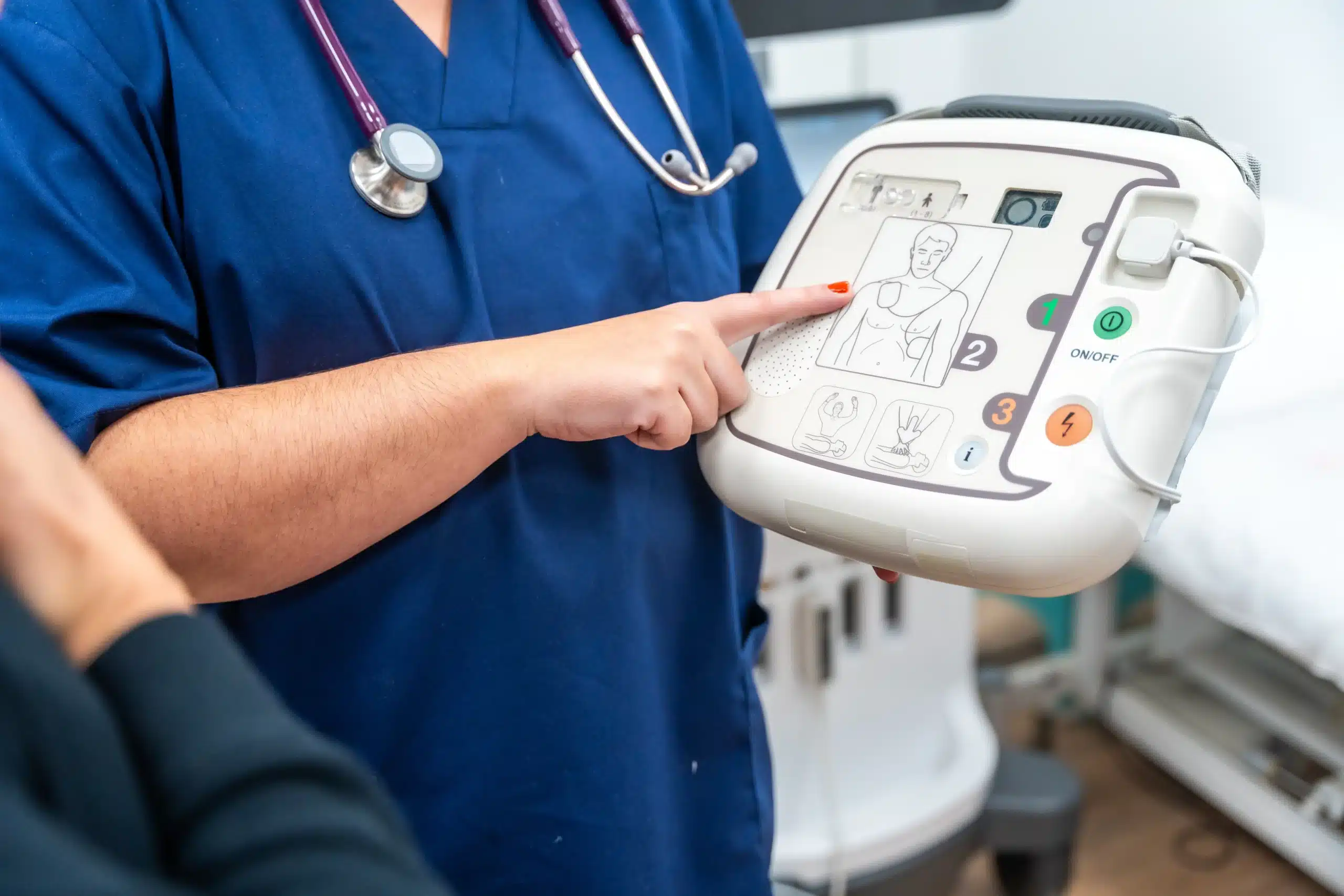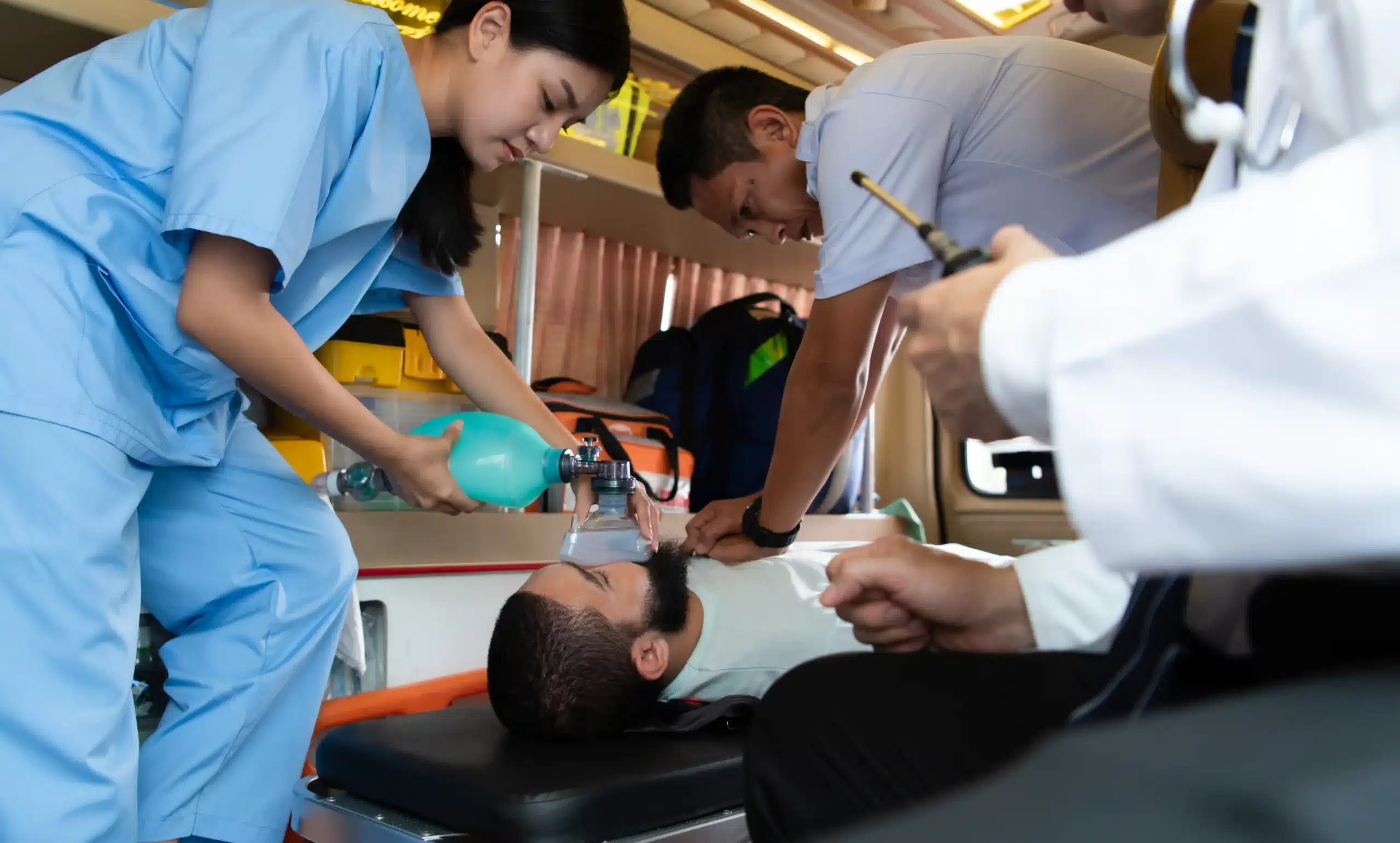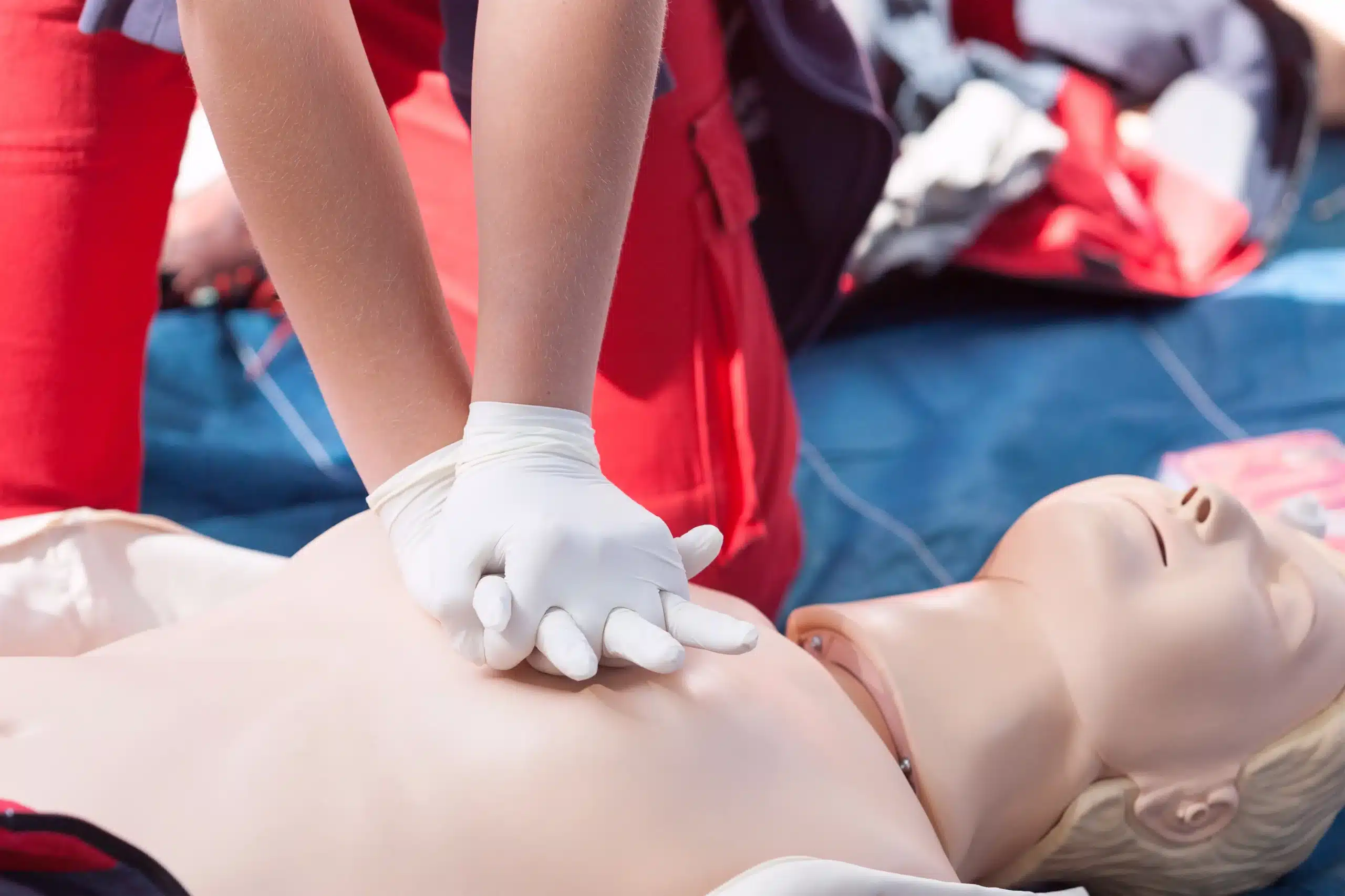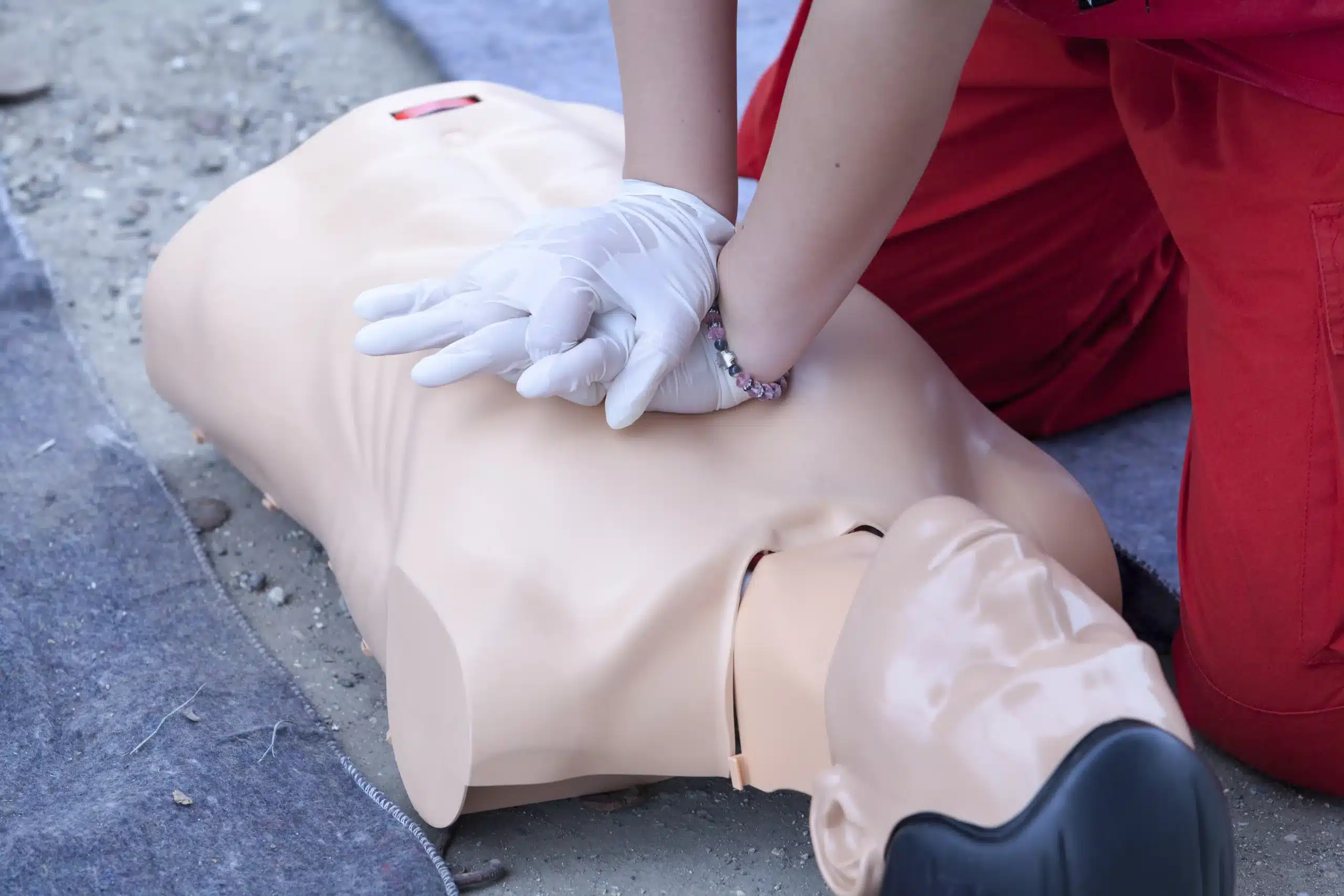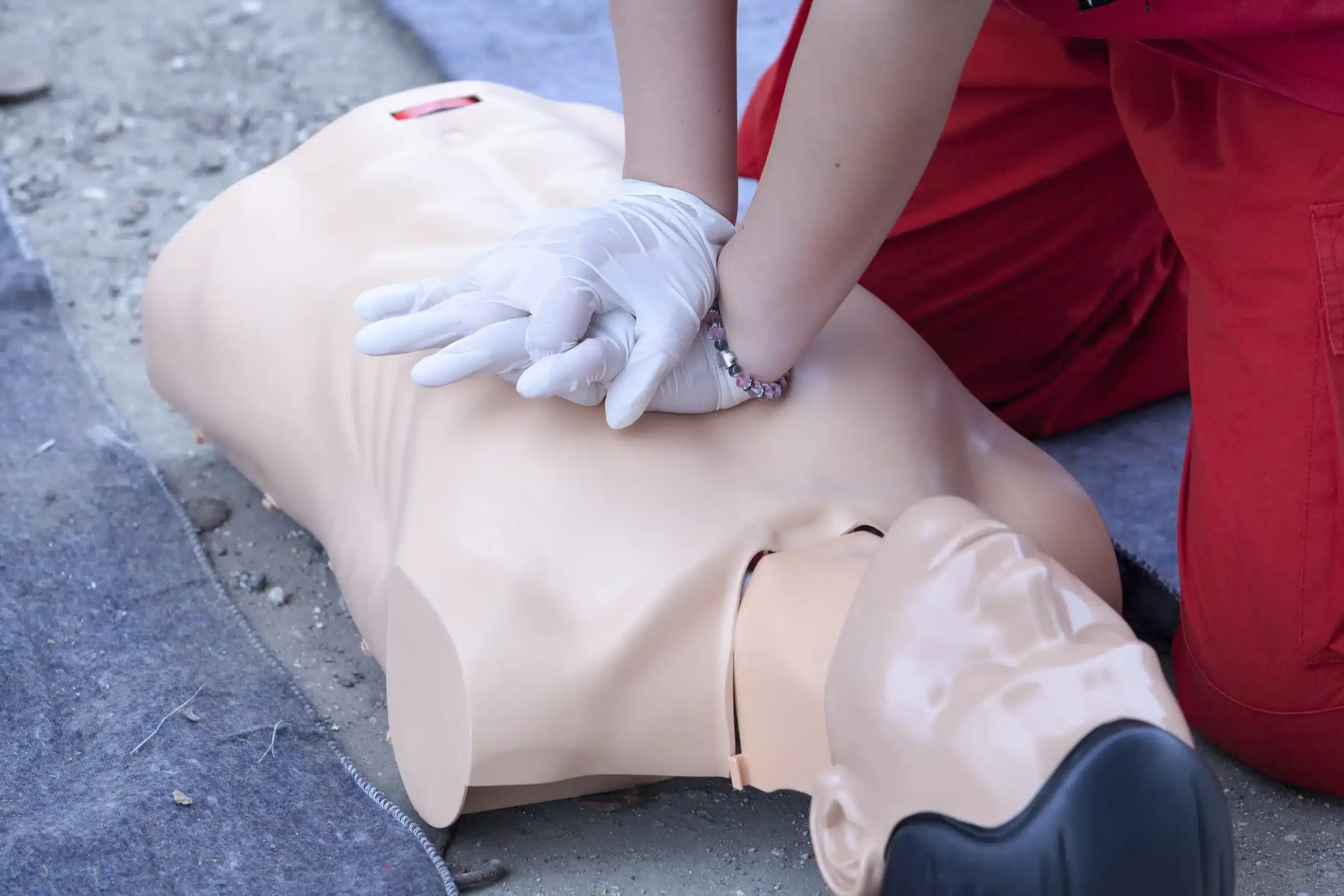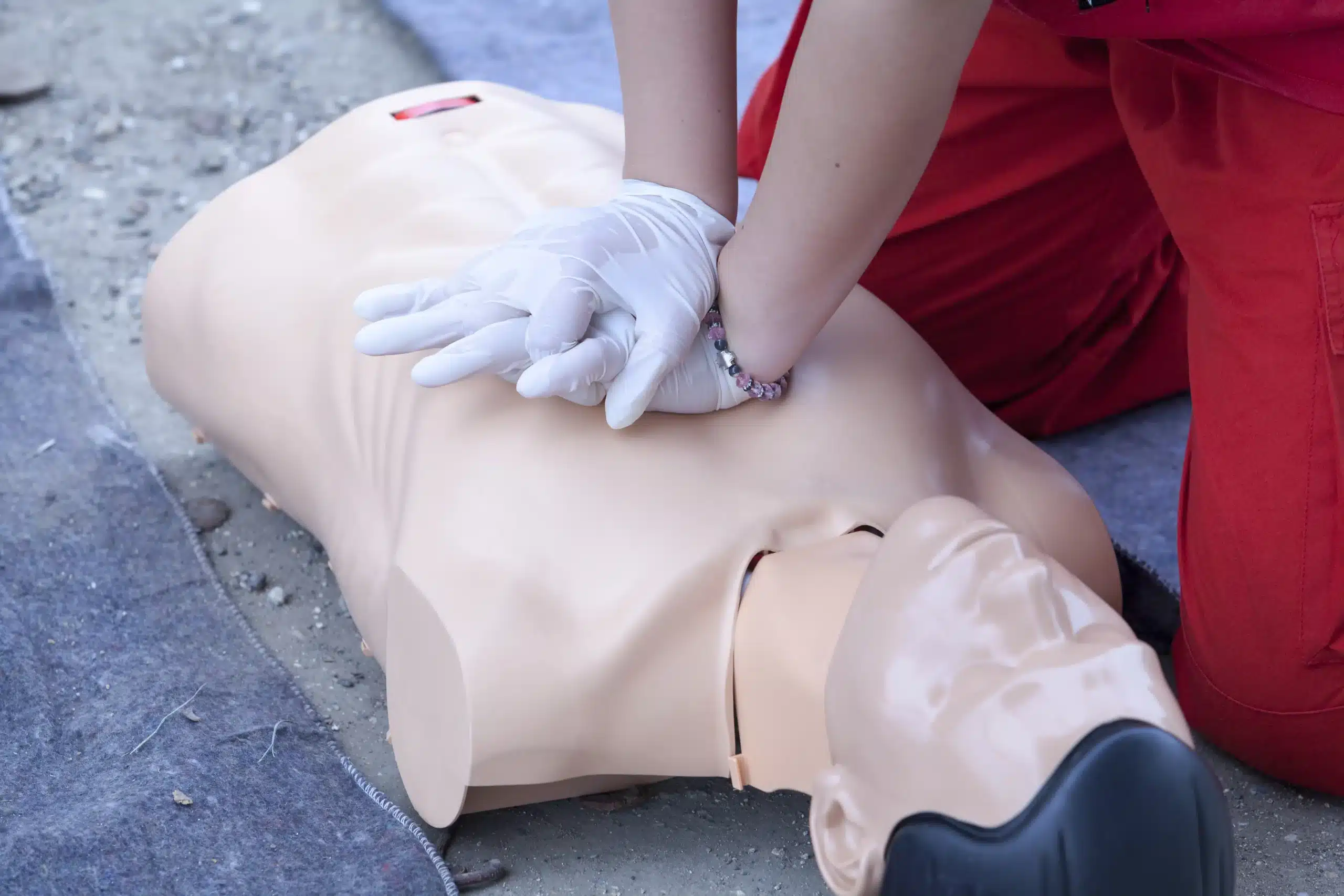Life in Citrus Heights is busy, but renewing your CPR certification shouldn’t add to the stress. This guide streamlines the process of CPR renewal in Citrus Heights, making it easy to stay up-to-date with your life-saving skills. We’ll cover the essentials, from understanding why renewal is important and dispelling common myths to finding the right course and provider for your needs. We’ll also explore the various learning options available, including in-person, online, and blended learning formats. Plus, we’ll provide practical tips for preparing for your course, staying current with CPR guidelines, and integrating these vital skills into your everyday life.
Key Takeaways
- Regular CPR renewal keeps your skills sharp and ensures you’re ready to help in a crisis. It’s not just about maintaining certification; it’s about having the confidence to act quickly and effectively.
- Find a CPR renewal course in Citrus Heights that suits your schedule, learning style, and budget. Explore various options, from traditional in-person classes to flexible online and blended learning formats.
- Make your CPR training more meaningful by reviewing key concepts beforehand, staying updated on the latest guidelines, and thinking about how you can use these skills in everyday situations. This proactive approach will solidify your knowledge and empower you to make a real difference.
What is CPR Renewal in Citrus Heights?
Knowing how and when to renew your CPR certification is essential for anyone working or living in Citrus Heights. This guide breaks down everything you need to know, from dispelling common myths to understanding the renewal process.
What is CPR Renewal and Why is it Important?
CPR skills can fade over time, which is why CPR certification is typically valid for two years. Renewal keeps your skills fresh and ensures you’re prepared to act quickly and effectively in an emergency. It’s not just about checking a box; it’s about maintaining the confidence and competence to potentially save a life. If your certification lapses, you’ll need a full recertification course, so staying on top of renewal is key. Many employers also require current certification, making renewal essential for your career.
Common Misconceptions
There are a few misconceptions surrounding CPR certification. Some believe online CPR certification isn’t valid, but that’s not always true. Certification from a reputable organization like the American Heart Association (AHA) or the American Red Cross is perfectly acceptable. Another myth is that only healthcare professionals need CPR training. The truth is, anyone can benefit from these skills. Learning CPR empowers you to assist family, friends, or even strangers in a critical situation.
Certification Validity and Expiration
Most CPR certifications are valid for two years, though some may last slightly longer. Check your card for the exact expiration date. The renewal process usually involves a hands-on skills assessment to confirm you can perform CPR correctly. This practical test ensures you’re ready to apply your knowledge in a real-world scenario. Don’t wait until the last minute; plan to renew your certification a few weeks before it expires to avoid any lapses in your qualification.
Find Your CPR Renewal Course
So, you’re ready to renew your CPR certification—fantastic! Choosing the right course depends on your learning style, schedule, and budget. Let’s explore your options.
In-Person, Online, and Blended Learning
CPR renewal typically involves a hands-on skills test to ensure you can confidently perform CPR. Many providers offer a mix of in-person, online, and blended learning options. Online courses offer flexibility, while in-person classes provide direct interaction with an instructor. Blended learning combines the best of both worlds. You can learn more about the CPR certification renewal process and explore different learning formats. Some providers also offer advanced courses to further enhance your skills.
Local Providers in Citrus Heights
Finding a local provider often simplifies the renewal process. Here are a few options in Citrus Heights:
Folsom CPR Classes
Folsom CPR Classes offers a comprehensive range of American Heart Association (AHA) courses, including BLS, ACLS, PALS, and First Aid. As a woman-owned training center, they are known for their low price guarantee and offer convenient daily classes. You can explore their website for more information on CPR training in Citrus Heights. They also offer discount group classes.
Safety Training Seminars
Safety Training Seminars provides various AHA-certified courses, including BLS, CPR, ACLS, PALS, and First Aid. With classes in Citrus Heights and other Bay Area locations, they offer greater accessibility. Learn more about their offerings for CPR and First Aid in Citrus Heights.
Sunrise Recreation and Park District
The Sunrise Recreation and Park District offers CPR classes, including adult and pediatric CPR/AED training and CPR for Professional Rescuer Training. Visit their website for class schedules and registration information.
BLS Test Center
BLS Test Center offers affordable CPR/AED/First Aid and BLS Healthcare Provider certifications. Their website provides details on pricing and certification.
Save A Life CPR
Save A Life CPR offers online and in-person BLS renewal courses, emphasizing the importance of maintaining current BLS certification, particularly for healthcare professionals. Review their step-by-step guide on how to renew your AHA BLS certification.
Unique Features and Offerings
Some providers offer unique features like the RQI program, a blended learning approach to CPR training. RQI combines online modules with shorter, more frequent in-person skills sessions. This flexible format makes continuing education easier to manage, especially for busy schedules. You can find more information about RQI in Citrus Heights. When choosing a provider, consider features that best suit your needs and preferences.
Renew Your CPR Certification: Steps and Requirements
Ready to renew your CPR certification? Great! This section breaks down the process, so you know what to expect.
Eligibility and Required Documents
First, ensure your current CPR certification is with the American Heart Association (AHA) and is still valid. If it’s expired, you’ll likely need a full recertification course rather than a renewal. CPR certification is valid for two years, and renewal should happen within 30 days of expiration. Otherwise, you’ll need to start from scratch. For renewal, have your current CPR card and a government-issued ID ready.
Course Duration and Content
CPR renewal courses refresh your knowledge and skills, usually combining online learning and in-person skills practice. The RQI (Resuscitation Quality Improvement) program is a popular option, with online modules and shorter, more frequent skills sessions. This blended learning makes it easier to fit training into your schedule. You’ll review key concepts, practice CPR techniques, and get instructor feedback.
Physical Requirements
While CPR training isn’t overly strenuous, it involves physical activity like chest compressions and rescue breaths. Discuss any physical limitations with the training center beforehand. They can offer modifications or alternative techniques. Don’t hesitate to reschedule if you need more time to prepare.
Certification Issuance and Employer Acceptance
After completing the renewal course, you’ll receive an official AHA certification card, valid for two years. This card demonstrates your current CPR skills and is often required for certain jobs. Always check with your employer or professional organization about their CPR certification requirements, as some may prefer in-person training. Knowing this beforehand avoids issues later.
Compare Costs and Choose the Right Course
So, you’re ready to renew your CPR certification—fantastic! Now, let’s find a course that fits your budget and learning style. This section breaks down pricing, important factors to consider, and the pros and cons of online versus in-person training.
Price Breakdown and Discounts
CPR renewal costs in Citrus Heights vary by provider and certification type. Basic CPR/AED/First Aid renewal typically ranges from $25 to $50, while certifications like BLS for Healthcare Providers usually cost a bit more. For example, BLS Training Citrus Heights offers CPR/AED/First Aid certification for $24.99 and BLS Healthcare Provider certification for $34.99. Always check with your chosen provider, like Folsom CPR Classes, for their most up-to-date pricing and ask about group discounts.
Factors to Consider
Beyond cost, several factors influence your choice of CPR renewal course. Think about your schedule—do weekday, evening, or weekend classes work best? Also, consider your learning style. Do you prefer a group setting or individual instruction? Some providers offer in-home training, a great option for busy parents or those who value personalized learning. Finally, consider the certification you need. Healthcare providers often require certifications like BLS or ACLS, while others may only need basic CPR and First Aid. Folsom CPR Classes offers a range of AHA courses, including PALS.
Online vs. In-Person: Pros and Cons
Online renewal courses offer convenience and flexibility. You can renew from anywhere with internet access, fitting the training into your schedule. However, online courses often lack the hands-on practice of in-person training. In-person classes offer personalized instruction, instructor feedback, and the chance to practice skills on mannequins, building confidence and preparing you for real-life emergencies. Some providers offer blended learning, combining online coursework with in-person skills sessions—a good balance for those who want flexibility and practical training. Folsom CPR Classes also offers the RQI program.
Address Common Renewal Challenges
Renewing certifications can sometimes feel like a chore. But choosing the right course format and provider makes a difference. If traditional classrooms feel overwhelming, explore smaller classes or in-home training. If rigid schedules are a barrier, consider the flexibility of online or blended learning. Citrus Heights offers diverse CPR and first aid courses with varied schedules. By addressing these common challenges, you can make your CPR renewal a smooth and valuable experience.
Make the Most of Your CPR Renewal
Getting recertified in CPR isn’t just a box to check—it’s a chance to refresh your skills and boost your confidence. Here’s how to make the most of your CPR renewal:
Prepare for Your Course
Before your renewal course, take a few minutes to review the basics. Familiarizing yourself with CPR steps and techniques beforehand will help you get the most out of the hands-on training. At Folsom CPR Classes, we emphasize personalized instruction and hands-on training in all our courses, including ACLS and PALS certification. This approach ensures you’re comfortable and confident performing CPR. Bring any questions you have about real-life scenarios or specific techniques.
Stay Up-to-Date with CPR Guidelines
CPR guidelines can change, so renewing your certification ensures you’re using the most current, effective techniques. The American Heart Association RQI (Resuscitation Quality Improvement) program offers a modern approach to maintaining your BLS, ACLS, and PALS certifications. It’s a great way to stay on top of the latest advancements in resuscitation techniques. This program is particularly popular with medical and healthcare professionals looking for a streamlined and efficient way to stay certified. Learn more about the RQI program and its benefits.
Use CPR Skills in Your Daily Life
Think about how your CPR skills can apply beyond the classroom. Could you share your knowledge with family and friends? Knowing CPR can empower you to act quickly and confidently in emergencies, whether at home, work, or in your community. AHA BLS CPR classes can even serve as catalysts for collaboration and preparedness among healthcare professionals, first responders, and community members.
The Importance of Continuous Learning
Regular practice is key to maintaining proficiency in any skill, and CPR is no exception. RQI’s emphasis on regular skills sessions and personalized feedback helps healthcare providers maintain proficiency and respond effectively in emergencies. Consider incorporating regular refreshers into your routine, even between renewals. This ongoing learning will help you stay sharp and ready to respond effectively in a crisis.
Related Articles
- CPR Renewal in Folsom: Your Complete Guide – Folsom CPR Classes
- Easy CPR Renewal in Sacramento: Get Certified Today – Folsom CPR Classes
- Why CPR Is Essential in Healthcare
- Busting CPR Myths and Saving Lives – Folsom CPR Classes
- CPR Training in Sacramento: Your Complete Guide – Folsom CPR Classes
Frequently Asked Questions
How often do I need to renew my CPR certification?
CPR certifications are typically valid for two years. It’s best to renew a few weeks before your card expires to avoid any lapse in your qualification.
What are my options for CPR renewal courses?
You’ll find a variety of course formats, including in-person classes, online options, and blended learning (a mix of online and in-person). The best choice depends on your learning style, schedule, and budget. Some providers also offer in-home training for added convenience.
What’s the difference between CPR renewal and recertification?
Renewal is for those whose certification is still current or recently expired. Recertification is required if your certification has been expired for an extended period. A renewal course is typically shorter and focuses on refreshing existing skills, while recertification involves a more comprehensive review.
What should I expect during a CPR renewal course?
Expect a review of key CPR principles and techniques, along with a hands-on skills test. You’ll practice on mannequins and receive feedback from an instructor to ensure you’re performing CPR correctly.
How much does CPR renewal cost?
Costs vary depending on the provider, course format, and type of certification. Basic CPR/AED renewal is generally less expensive than specialized certifications like BLS or ACLS. Check with your chosen provider for their specific pricing and ask about any available discounts, especially for group registrations.
